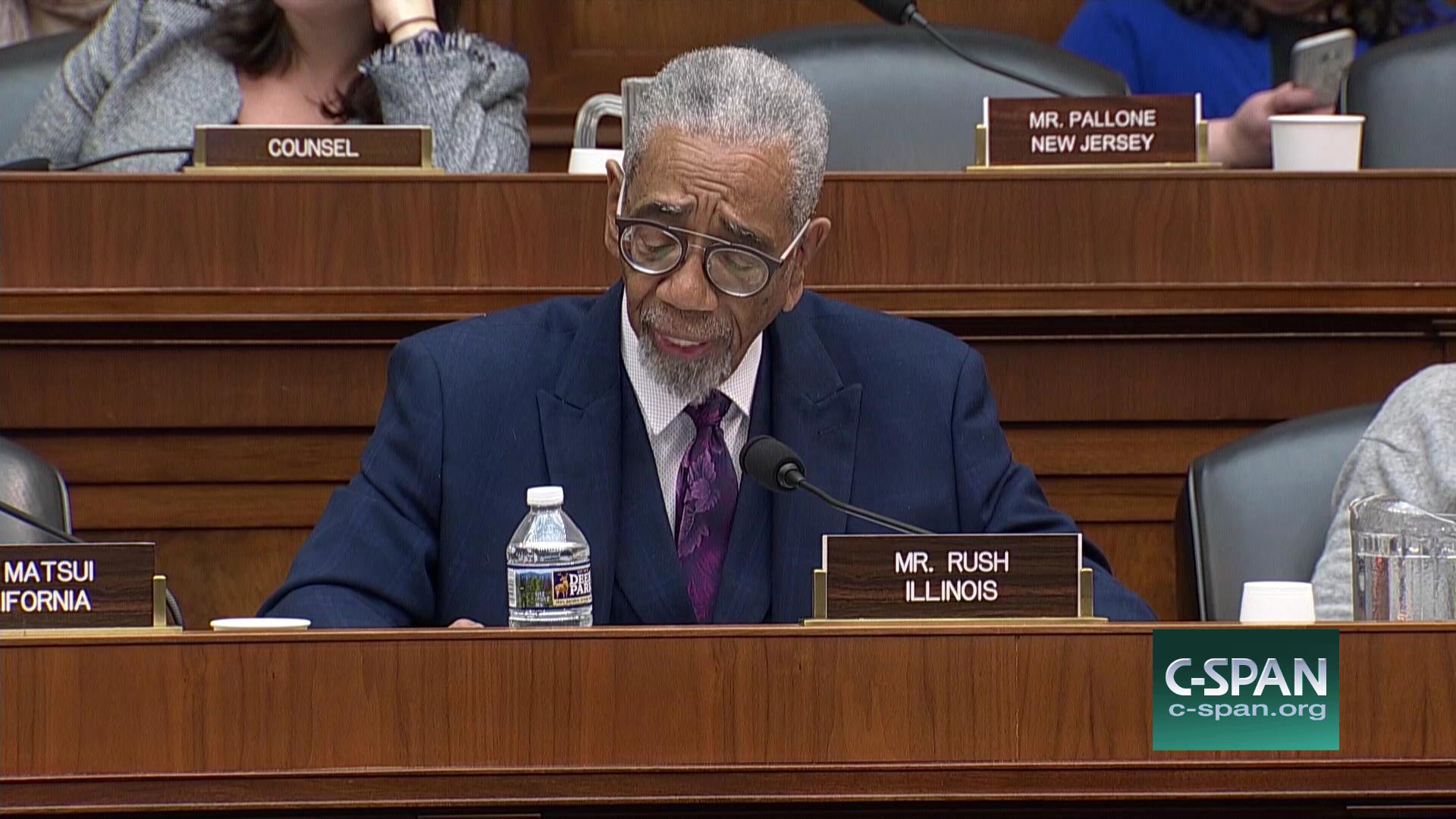Efforts to Battle Body Broker Side Gigs and Sketchy Donations Continue
Last year Connecting Directors reported the FBI raid of Colorado’s Sunset Mesa Funeral Home. According to Reuters, the funeral home’s owner, Megan Hess, ran a side business as a body broker. Hess is accused of peddling body parts without the consent of the deceased family. Families have also said that Hess provided them with bags of concrete dust instead of their loved one’s cremains.
One of Sunset Mesa’s employees even alleged that Hess sold her collection of illegally-procured gold teeth to pay for her family’s trip to Disneyland. As of June 2019, the funeral home remains closed, the FBI investigation is still ongoing, and Hess is facing multiple civil lawsuits from duped families. To date, no one has been officially charged.
Body broker regulation
As we originally reported in January 2018, it is legal in Colorado and most US states to buy and sell human remains for research and education purposes. Selling gold dental work recovered from the deceased is also legal. Even running a body broker business from a funeral home location breaks no laws. Of course, doing anything with a person’s remains without the permission of the family is completely illegal and terribly unethical.
Colorado lawmakers responded to the Sunset Mesa raid by passing Senate Bill 18-234. The act, which took effect in August 2018, makes it illegal for anyone with more than a 10% interest in a funeral home or crematory to have an interest in a non-transplant tissue bank. It also calls for the registration of non-transplant tissue banks and requires these banks to provide receipts when they accept bodies or body parts.
In March, the NFDA reported that a similar body-brokering bill has been introduced at the national level. U.S. Representatives Bobby L. Rush and Gus M. Bilirakis sponsored H.R. 1835, the Consensual Donation and Research Integrity Act of 2019. If passed, the act will require the creation of a national registration and tracking system for body parts and whole-body donations.
What H.R. 1835 means to you
Our friends at Lemasters Consulting, who produce the visually-stunning Parliament journal for deathcare professionals on a quarterly basis, recently expanded on the implications of H.R. 1835 as it relates to you.
“The truth is that body donation is a quickly growing area, and it has very deep ties to deathcare,” writes Poul Lemasters, an attorney and former funeral director. “It is important that all deathcare providers know and understand the issue, as well as what the future may bring.”
We encourage you to download Parliament’s Summer 2019 issue and enjoy the entire article, but here’s a quick summary:
- Organ donations and body donations are NOT the same thing,
- Any death care provider should definitely be concerned about whole-body donation, and
- You should support H.R. 1835.
The basic difference in organ and body donations, writes Lemasters, has to do with the final destination (living human being vs. research facility). Here’s another big difference: organ donation is highly regulated by the Uniform Anatomical Gift Act. Every state has adopted the UAGA, which covers each step of the donation process. No similar national legislation currently exists for body donations.
Why you should care
You should care, Lesmasters says, because one day you may have to serve as a liaison between the deceased’s family and a whole-body broker. Additionally, a broker may ask you to cremate the body parts when the institution completes their research. This may or may not be legal in your area. Your local government could very well consider the parts “medical waste.” Plus, do you even know if you’re allowed to comingle body parts for cremation once they’re returned? (The answer is most likely no, Lemasters says.)
Lastly, you should support H.R. 1835 because it’s a “good thing for deathcare,” Lemasters writes. The bill will provide one streamlined system for all body donations. This will make it easier to identify and hopefully shut down brokers who aren’t on the up-and-up. It will also help you to explain what could be a very confusing process for families, and assure them their loved one will be treated with the same respect after the body leaves your care they have received from you.
Download the full issue of Parliament below for a whole ebook of 2019 Legislative and Regulatory Updates by Lemasters Consulting!




